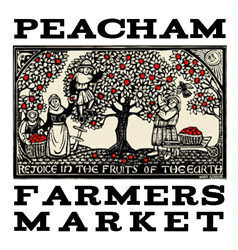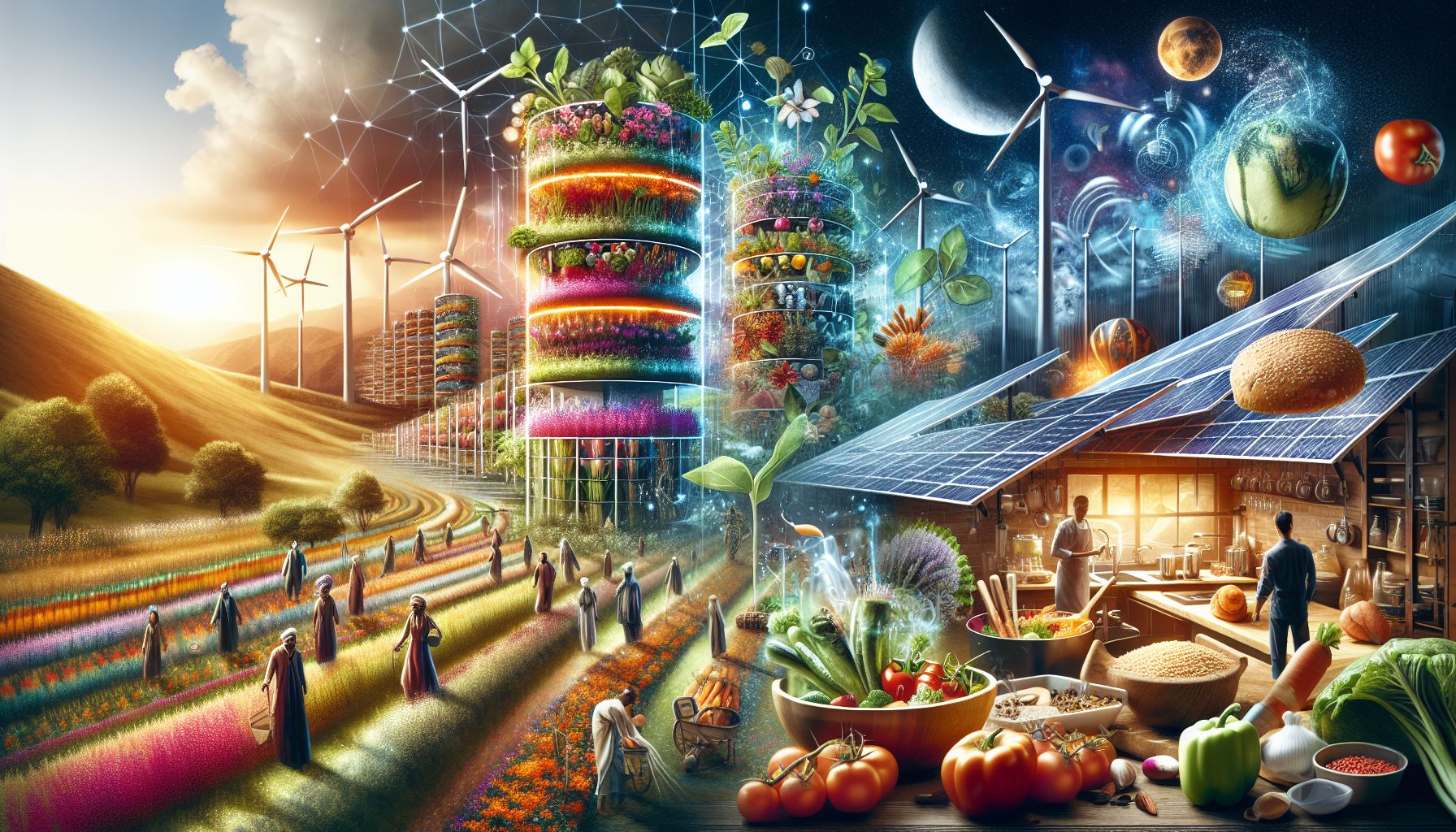Farming has been a fundamental pillar of human civilization, providing sustenance and shaping economies and ecosystems. However, with the rise of industrialization and mass production, the art of farming has faced numerous challenges. From unsustainable practices to decreased biodiversity, the food industry has been under fire for its impact on the environment. But with a growing movement towards sustainability and a renewed interest in the origins of our food, farming is taking center stage once again. In this blog post, we will explore the role of farming in today’s world, from its cultural significance to its future in sustainable living.
 Sustainable farming practices have gained significant attention in recent years. This approach focuses on producing food in an environmentally, socially, and economically sustainable manner. It involves using techniques such as crop rotation, natural pest control, and conservation of water and soil. By adopting these methods, farmers can ensure the long-term viability of their land while also reducing their impact on the environment. Sustainable farming also promotes biodiversity, which is crucial for healthy ecosystems. By growing a variety of crops and preserving natural habitats, farmers can support the balance of diverse plant and animal life.
Sustainable farming practices have gained significant attention in recent years. This approach focuses on producing food in an environmentally, socially, and economically sustainable manner. It involves using techniques such as crop rotation, natural pest control, and conservation of water and soil. By adopting these methods, farmers can ensure the long-term viability of their land while also reducing their impact on the environment. Sustainable farming also promotes biodiversity, which is crucial for healthy ecosystems. By growing a variety of crops and preserving natural habitats, farmers can support the balance of diverse plant and animal life.
Technology has been another significant factor in modern farming practices. From drones and robots to advanced irrigation systems, technology has revolutionized the way we produce food. These advancements have allowed farmers to increase their yields, reduce their environmental impact, and improve efficiency. For example, precision agriculture uses data and analytics to optimize farming techniques and manage resources more effectively. It also helps farmers make informed decisions about crop rotation and pest management, leading to better quality and more sustainable produce.
However, as we continue to rely on modern farming practices, it is essential to recognize the challenges faced by the farming community. Decreasing farmland, unpredictable weather patterns, and rising costs of production are just some of the issues that farmers face on a daily basis. Additionally, the ongoing pressure to produce more food for a growing population can lead to unsustainable practices, such as the use of harmful pesticides and fertilizers. Hence, it is crucial to support and invest in sustainable farming methods to ensure the future of our food system.
Now let’s delve into the delicious side of farming – recipes! Food brings people together, and every culture has its unique dishes with rich stories and traditions behind them. The farm-to-table movement has gained popularity in recent years, emphasizing locally sourced, fresh ingredients. By incorporating sustainable and ethical farming practices, we can not only enjoy delicious meals but also support local communities.
One dish that represents this perfectly is the Italian classic, pasta alla carbonara. This comforting and flavorful dish has humble origins, with the main ingredients being eggs, hard cheese, cured pork, and pasta. The dish gets its name from Italian coal workers who would often whip up this quick and hearty meal using ingredients readily available to them. Today, it remains a popular favorite, and there are numerous variations – some using pancetta instead of guanciale (pork cheek) or adding cream for a richer texture. Still, the core ingredients remain the same, representing the simplicity and versatility of Italian cuisine.
Another recipe that highlights the importance of sustainable farming is the Vietnamese pho. This iconic noodle soup not only carries the robust flavors of Vietnamese cooking but also showcases their use of fresh, local ingredients. The broth is made by simmering beef bones and spices for hours, providing a depth of flavor that no packaged broth can match. Farmers who raise their cattle in a sustainable manner – with access to pasture and without the use of antibiotics – can produce high-quality meat that adds to the deliciousness of this comforting dish.
In conclusion, farming plays a significant role in shaping our world today and will continue to do so in the future. By adopting sustainable practices, incorporating technology, and supporting local communities, we can ensure a healthy balance between agricultural productivity and environmental conservation. So next time you sit down to enjoy a meal, take a moment to appreciate the journey of your food from the farm to your table. And remember – sustainable farming and delicious recipes go hand in hand.
References:
- “What is Sustainable Farming?” Sustainable Agriculture Research and Education (SARE), https://www.sare.org/Learning-Center/What-is-Sustainable-Agriculture.
- “10 Technologies Changing the Way Our Food Is Produced.” Forbes, https://www.forbes.com/sites/mikekappel/2018/05/02/10-technologies-changing-the-way-our-food-is-produced/?sh=5a36ca3c742f.
- “Top 10 Key Challenges Facing Farming in the US.” AgFunder News, https://agfundernews.com/top-10-key-challenges-facing-farming-in-the-us.html.

